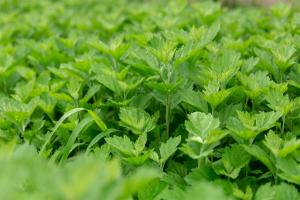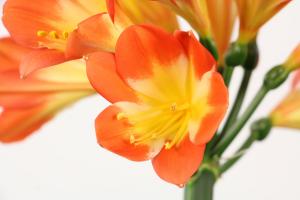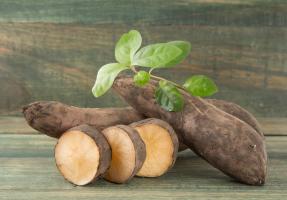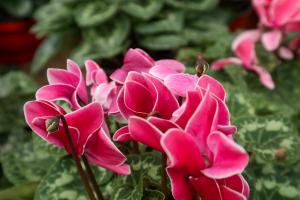Will Plastic from Pot Leech onto Plant?
With more and more people turning to gardening as a hobby, it's important to understand the potential effects of using plastic pots for growing plants. There has been a lot of discussion surrounding the leeching of plastic chemicals into soil and thus affecting the plants. Let's explore this topic in more detail.
What is Plastic Leeching?
Plastic contains chemicals that can be released under certain conditions, such as heat and sunlight. This release of chemical compounds into the surrounding environment is called leeching. When plastic is used for gardening, it might come into contact with the soil and water, which creates a possibility of leeching into the plants.
Can Plastic Leeching Affect Your Plants?
The short answer is yes. There is scientific evidence that plastic compounds can harm plants. The chemicals present in plastic can change the pH of the soil, which can affect the growth of the plants. For example, if the soil becomes too acidic, it can cause the roots of the plant to burn out. Similarly, the chemicals can also alter the chemical make-up of the plant, which can affect its growth.
What are the Effects of Plastic Leeching?
There are several possible effects of plastic leeching onto plants. Some of the most common effects are stunted growth, abnormal coloring of leaves, and reduced yield. Additionally, leeching can lead to the accumulation of toxic chemicals in the plant, which can be harmful if consumed. This means that if you plan on growing a garden for consumption purposes, it's important to use non-plastic containers.
How to Prevent Plastic Leeching?
There are several ways to prevent plastic leeching onto your plants. One way is to avoid using plastic pots altogether. Instead, you can use containers made of metals, ceramics, or natural materials that are less likely to release chemicals into the soil. If you must use plastic, look for pots that are labeled as BPA-free, as BPA is one of the most harmful chemicals found in plastic. Another way to prevent leeching is to replace the containers every few years.
Conclusion
In conclusion, plastic leeching is a serious concern if you're planning on growing plants in plastic containers. While it might be easy and convenient to use plastic pots, the possible effects on your plants are not worth the risk. To ensure a healthy and safe garden, it's best to avoid using plastic containers whenever possible or choose containers that are made from safer materials. Remember, prevention is always better than cure.

 how many times do yo...
how many times do yo... how many planted tre...
how many planted tre... how many pine trees ...
how many pine trees ... how many pecan trees...
how many pecan trees... how many plants comp...
how many plants comp... how many plants can ...
how many plants can ... how many plants and ...
how many plants and ... how many pepper plan...
how many pepper plan...
































